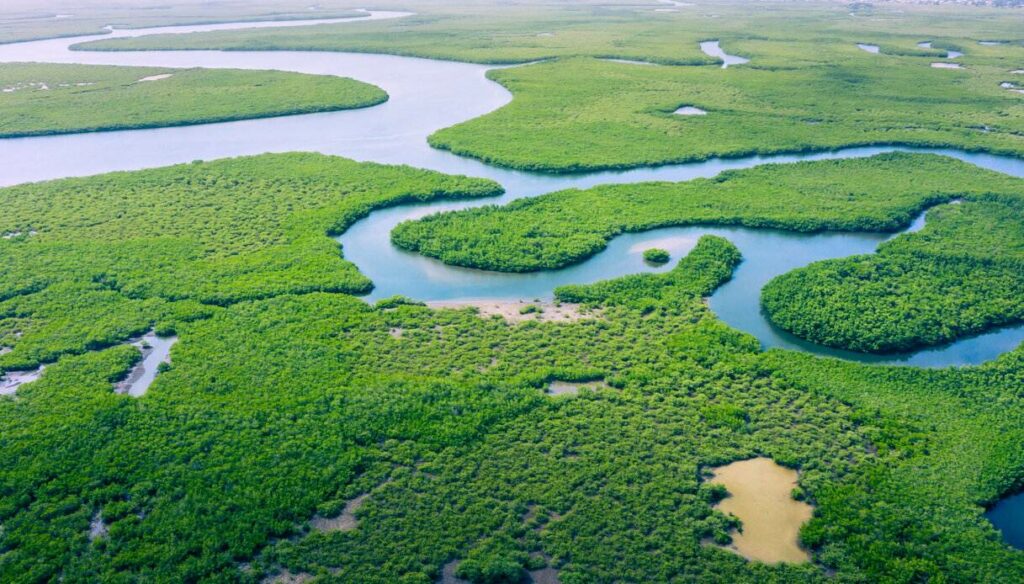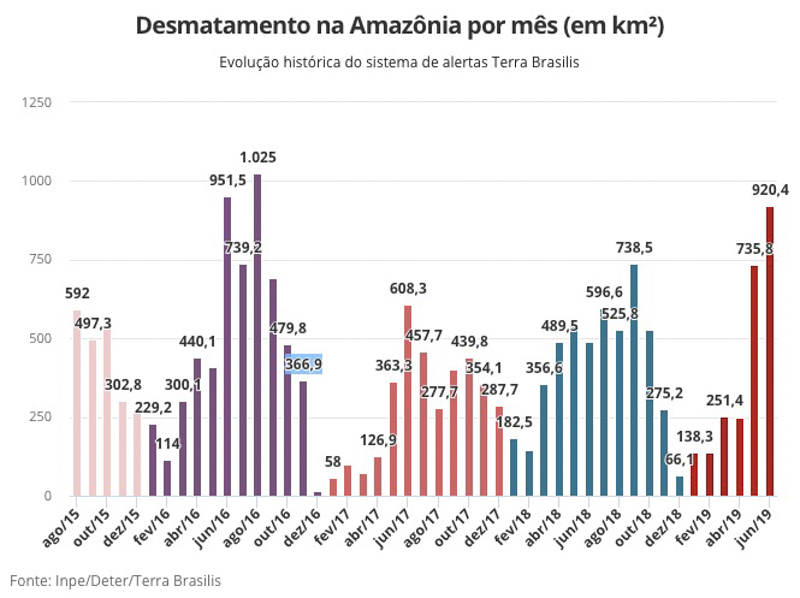Articles/News

Are Amazon rainforests burning to supply China and Hong Kong with meat?
The title is a little bit provocative, but it does help us catch the meaning of the matter. There is no doubt, in the last few months we have all heard a lot about the fires in the Amazon forest. The problem is not climate change itself, nor drought, nor winds etc … But the lack of prudence of human being which gives importance to money and short-term interest at the expense of the long-term one. Bolsonaro, President in office in Brazil from January 2019, is bringing on a development policy which favor the spread of pastures for the export of meat to China and Hong Kong to the detriment of the enormous forest heritage that Brazil has.
(by Dario Ruggiero)
Why is the Amazon burning?
The queimadas, the fires used by farmers and breeders to create new fields for pastures, are the main cause of deforestation in the Amazon: 80%, according to a forest research institute of Yale University, are set to leave room for pastures; another 10-15% are burned for intensive cultivation, especially soy (much used to produce feed).
What we are talking about: a priceless heritage
The Amazonia is the largest tropical forest in the world, with a total area of about 5.5 million square kilometers, over half of which is in Brazil. It is one of the richest ecosystems in the world, and it is fundamental for a lot of things: from the removal of carbon dioxide in the atmosphere to its central role in the release of water vapor, crucial in defining the amount of rainfall, from ocean currents to global temperatures.
Virtuous in the last 20 years
In the last twenty years Brazil has committed itself in safeguarding the Amazon from deforestation, and it has partly succeeded, so that it has been cited as a virtuous example of environmental protection. However, in 2014 the recession that hit the country made it increasingly dependent on farming and large-scale cultivation, two of the main causes of deforestation.
Deforestation on the rise with the advent of President Bolsonaro
The National Institute for Space Research (INPE) has released data based on satellite images according to which over 1,000 square kilometers of Amazonia were destroyed in the first half of July, 68% more than the area destroyed in the entire month of July 2018. In the seven months in which Bolsonaro has been president, the Amazon forest has lost 3,444 square kilometers of trees: 39% more than in the same period last year. Bolsonaro, a right-wing populist and very liberal in economics, has changed policies by saying that his priority would be economic development.
The meat industry in Brazil
About 450,000 square kilometers of deforested Amazonia are destined for pasture. Brazil, the world’s second largest producer of beef, exports a quarter of global consumption. The figure, between 2010 and 2017, increased by 25%, to reach 1.5 million tons according to the Brazilian Meat Exporters Association. Hong Kong and China, two markets that exploded in recent years, are the main importers.
Who is to be blamed?
Blaming only the new president would not be fair. In a world in which short-term interest prevails over long-term interest and each country is fighting for its GDP, it will be difficult to find a President who looks to long-term welfare.
The fact is that some assets should be considered as common goods of all human beings. They should be protected through international policies aimed at compensating countries for policies that safeguard and value them.

Dario Ruggiero
0
Tags :